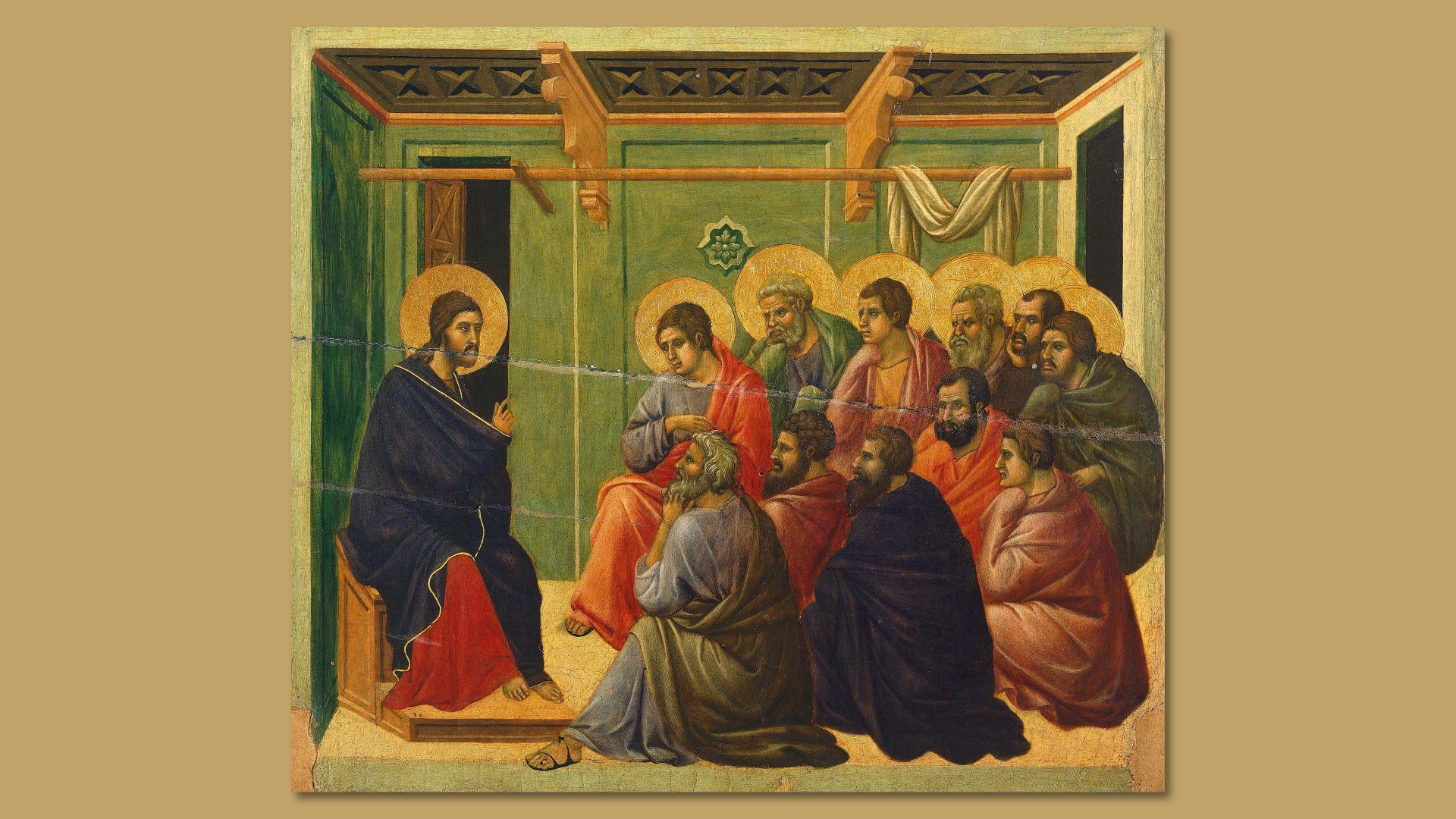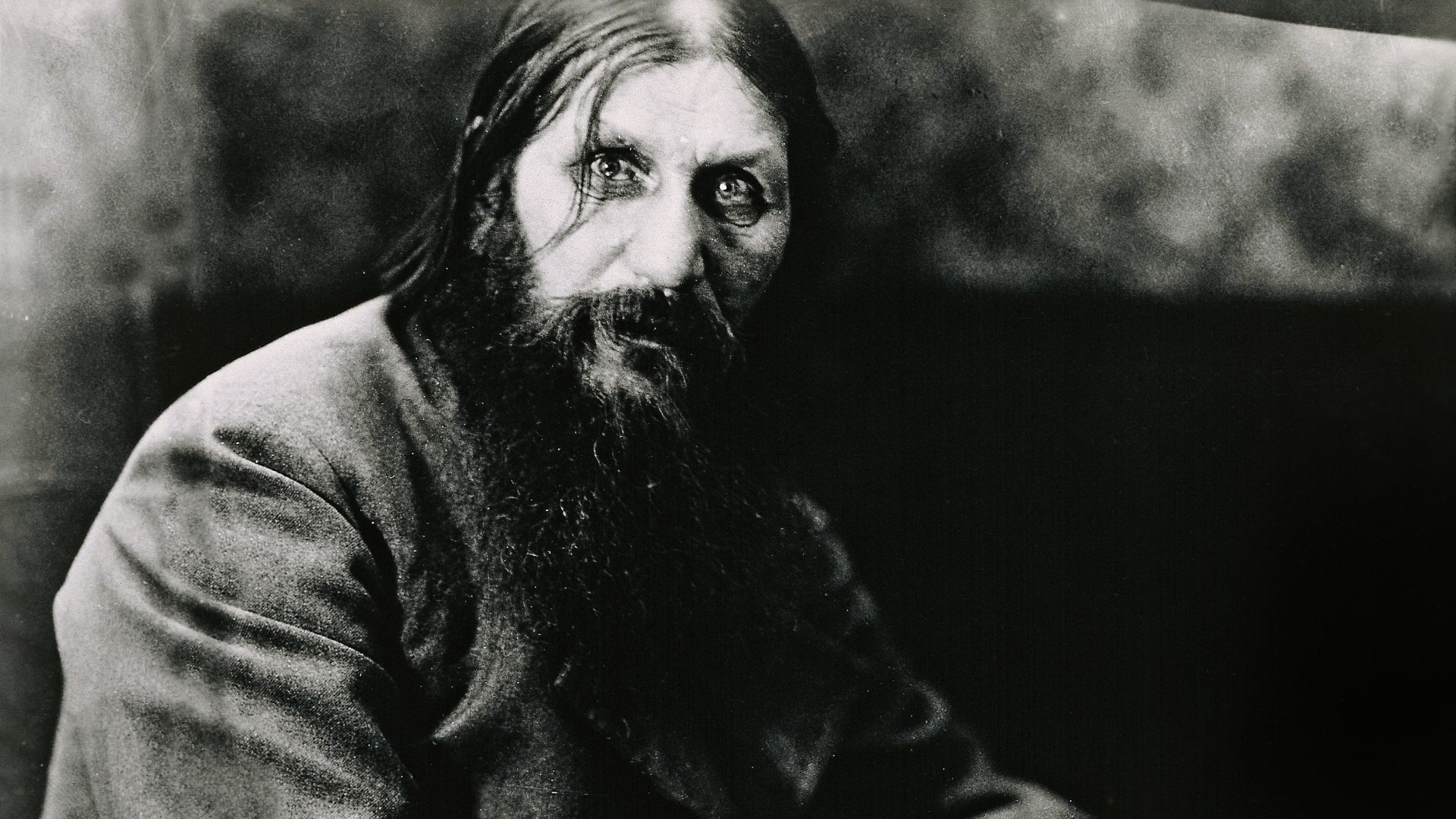However mythologised the events of the nativity of Christ may have become, it does seem likely that after Jesus’s birth, Mary, Joseph and Jesus returned to Mary’s home town of Nazareth in the Galilee region of northern Palestine, and that Jesus really did spend his childhood there.
We can therefore suppose that he grew up speaking the local dialect of whatever the local language was in Galilee at the time of his birth. It is now
generally reckoned by scholars that he was born some time around 5 BC; and there is also a solid academic consensus that the language of the area at that time was Aramaic.
Aramaic is a member of the Semitic language family, and it is closely related historically to Hebrew and Phoenician. The main Semitic languages spoken today are Arabic, Amharic (in Ethiopia), Israeli (Modern Hebrew), Tigrinya (in Ethiopia and Eritrea), and Tigre (in Eritrea). In Yemen and Oman, as well as on the islands off the southern coast of the Arabian peninsula, there are also people who speak a number of small South Arabian Semitic languages such as Mehri, Hobyot and Jibbali.
Sadly, Aramaic has mostly disappeared today, although it still has small numbers of speakers in Christian villages in Syria, Iran and Turkey. But it
was once the dominant language of the region, and had replaced Hebrew as the vernacular language of the Jews by the 500s BC: most of the Biblical Book of Daniel was written in Aramaic. The usage of Aramaic as a lingua franca was widespread across much of the Middle East for over a thousand years, until c.600 AD when Arabic slowly took over.
Jesus and his disciples were probably also familiar with Hebrew as a liturgical language, as well as with Hellenistic Greek, which had been the major lingua franca of the wider Eastern Mediterranean region since Alexander the Great’s conquests in the 4th century BC. Hellenistic Greek later became the language in which the New Testament was written.
If the Three Wise Men really did turn up to greet the infant Jesus (which is
doubtful), there are clues in the New Testament suggesting that they would
probably have come from Persia, which had earlier been part of the Hellenistic Seleucid empire. It is a good guess, then, that Greek would have been the language used to facilitate any conversation there may have been
between the Magi and the Galileans.
As to which particular Aramaic dialect Jesus and the disciples spoke, we can be sure that this was a Galilean dialect which was distinctively different from the dialect spoken in Jerusalem – as we would expect, given that Galilee lies about 90 miles from Jerusalem, about as far as London is from Leicester, two cities which have significantly different English dialects.
We have written evidence for this distinctiveness from the New Testament itself. In the well-known passage where Peter “denies Christ thrice” before the cock crows, Peter protests that he has no connection with Jesus and does not know the man. But “they that stood by said to Peter, surely thou art one of them: for thou art a Galilean, and thy speech agreeth thereto”. The people he was talking to knew a Galilean accent when they heard one.
MAGI
The three “wise men” who came from the East bearing gifts for the infant Jesus are referred to as magi. This is the plural of magus, a Latin word ultimately borrowed from Persian, meaning a member of the Zoroastrian priestly class of Persia. In more recent English usage, it refers to someone thought to possess great wisdom.




